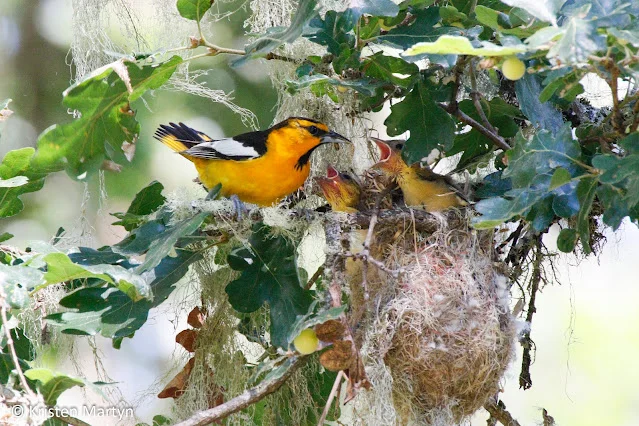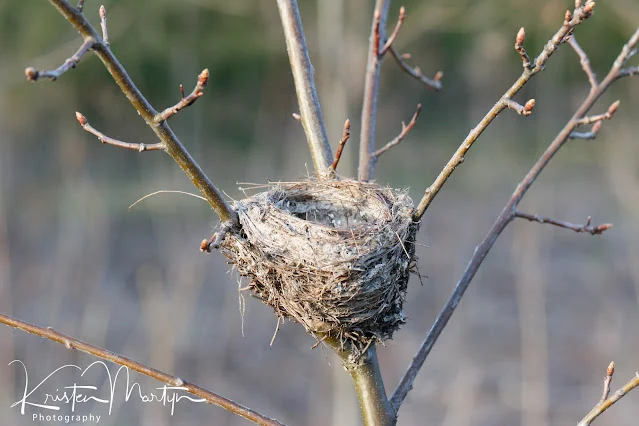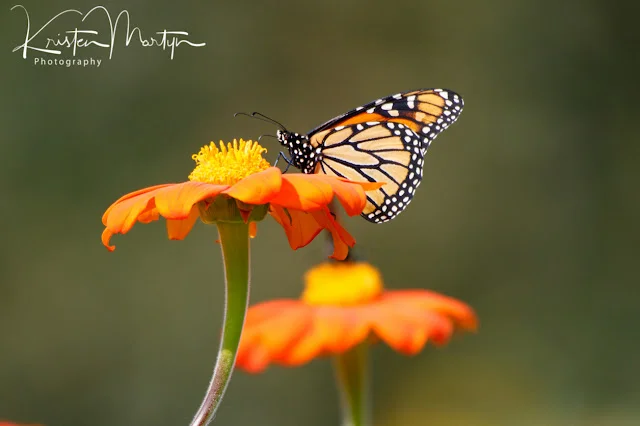July is fledgling season across Ontario — a magical and sometimes confusing time for bird lovers. You may spot a young robin sitting on your lawn, or a baby sparrow flapping its wings awkwardly under a shrub. These wide-eyed, fluffy birds often appear vulnerable and alone… but they’re exactly where they’re supposed to be.
So how do you know when to help — and when to leave them be?
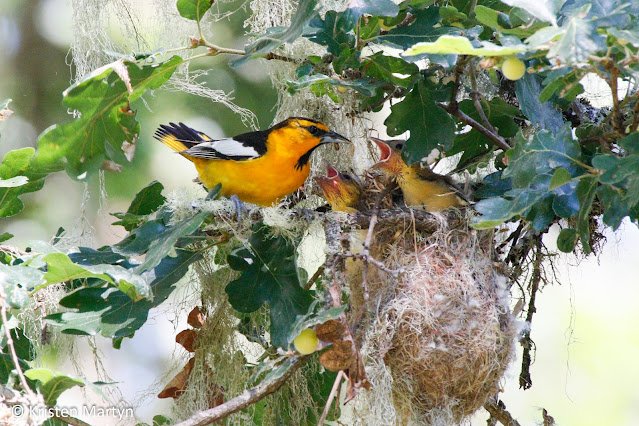
What Is a Fledgling?
A fledgling is a young bird that has left the nest but is still learning to fly and survive on its own. Unlike nestlings, which are naked or sparsely feathered and must stay in the nest, fledglings are usually:
- Fully feathered (though a bit scruffy)
- Able to hop or flutter, but not yet strong flyers
- Still dependent on parents for food
It’s normal for fledglings to spend a few days on the ground as they build their strength. In most cases, their parents are nearby — watching closely and feeding them frequently.
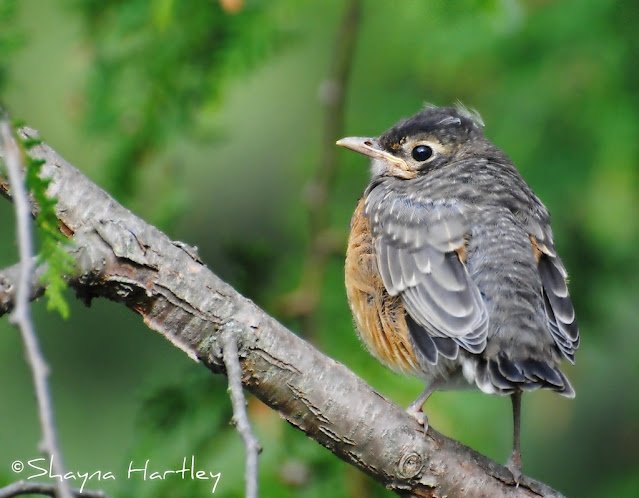
What to Do If You Find a Fledgling
🟢 If the bird is alert, feathered, and uninjured:
Leave it alone. This is a natural and critical stage of development. Keep pets indoors and observe from a distance.
🟡 If the bird is in immediate danger (e.g., near a busy sidewalk or road):
Gently move it a short distance to nearby shrubs or a safer, shaded area within hearing range of where it was found.
🔴 If the bird is injured or truly orphaned:
Contact a licensed wildlife rehabilitator. You can find one through Ontario Wildlife Rescue.
📌 Do not try to raise or feed the bird yourself. It’s illegal in Ontario to keep wild birds without a permit, and young birds require specialized diets and care.
How to Support Fledglings in Your Yard
Even if you never see a fledgling directly, you can help them survive this vulnerable stage with a few simple actions:
💧 Provide Fresh Water
Fledglings and exhausted parents need easy access to clean water in the heat of summer. Use a shallow birdbath with gently sloped edges, or add a dripper to keep water moving (and mosquito-free).
👉 Explore birdbaths and water accessories at WBU Barrie
🥜 Keep Feeders Full
Many parent birds supplement their chicks’ diets with mealworms and protein-rich seeds. Offer:
- Live or dried mealworms
- Sunflower chips
- No-melt suet
👉 Shop bird food perfect for fledgling season
🌿 Plant Dense Shrubs and Native Plants
Fledglings need low, dense cover to hide from predators and stay cool. Native shrubs like dogwood and serviceberry offer protection and natural food sources.
🐾 Keep Cats Indoors
Outdoor cats are a major threat to young birds. Keeping your feline friends inside can make a life-saving difference during fledgling season.
What About Nestlings?
If you find a naked or downy bird that clearly fell from a nest and is too young to be a fledgling:
- Look for a nearby nest and gently return the bird to it if it’s safe to do so.
- Contrary to myth, birds will not reject a chick that’s been touched by humans.
If the nest can’t be reached or is destroyed, contact a wildlife rehabilitator for guidance.
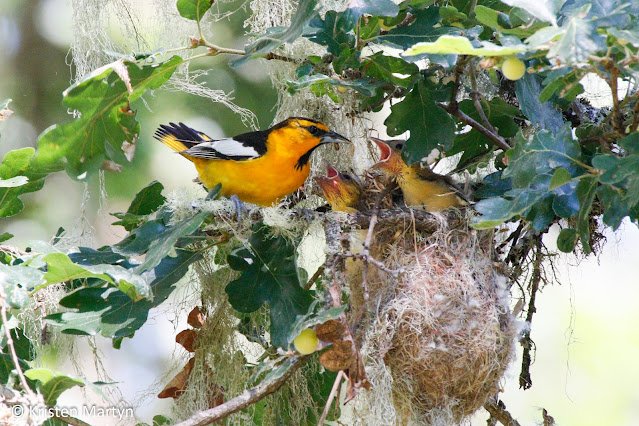
Enjoy Nature — and Let It Be Wild
Seeing a young bird outside of a nest may trigger our instinct to help, but often the best thing we can do is not intervene. Fledgling season is a delicate, exciting time when young birds are stretching their wings and learning the skills they’ll need for life.
By creating a safe, bird-friendly space in your yard, you’re helping the next generation of Ontario’s songbirds thrive.
Happy fledgling season!
Warmly,
Heather


